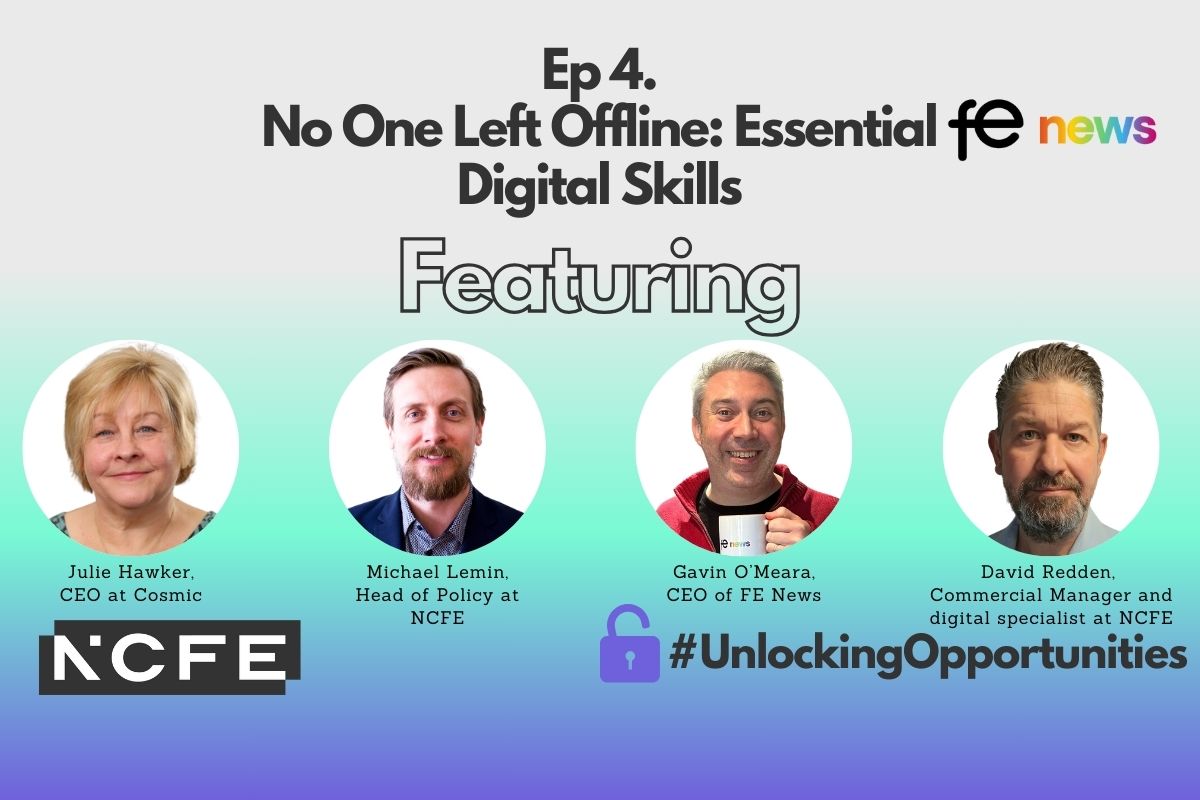CV Dishonesty: The Shocking Impact of False Credentials on a Career

From little white lies to extravagant deceit, lying is an everyday occurrence to most – in fact, the average person lies four times a day. Lying on your CV is very common in the UK, with one in ten (10%) Brits admitting to it.
But what happens if you get caught? Liam Caffrey, Recruitment Manager at BonusFinder and digital PR agency Reboot Online’s HR Manager share if lying on your CV and in interviews is really worth it.
CV Fabrications: The Hidden Risks of Deception
Exaggerating your passion for reading to make yourself look intellectual, when the last book you read was a part of your school curriculum, is morally questionable. But, lying about your education, experience, skills and salary can result in some serious repercussions.
- Loss of role/offer– Employers have the right to rescind their offer or dismiss you if they uncover your dishonesty. You could land in a tricky situation if you have already served your notice at your current position only for the future employer to withdraw their offer, leaving you unemployed.
- Legal charges– Lying to secure a new role is deemed as fraud. There have been cases where individuals have been prosecuted for falsifying information – in a particularly extreme case, a faux NHS psychiatrist was convicted for forging documents and fraudentally earning more than £1 million during her 22 years of deceit. Served with a seven-year jail sentence, the risk was simply not worth it. In 2014 The Telegraph reported that there has been an uptick in the number of prosecutions and jail sentences handed to people who have lied on their CV, with a hefty maximum sentence of 10 years imprisonment.
- Licences revoked– In positions that require licences such as in the medical and beauty fields, you are at risk of your licence being suspended or even revoked permanently, derailing your career path and future prospects.
- Recovery of salary paid– Salaries obtained fraudulently are considered proceeds of crimes in many cases, and occasionally those who are proven to have falsified their CVs and salaries could be ordered to return any earnings.
- Bad reputation– Whilst data protection laws prohibit spreading personal information, if caught out in your lies, future employers may be informed if you were dismissed from the role.
Even if you’re not caught out, being unqualified in a role can be dangerous. You may not have the correct training to do the role itself, and in some cases, may put yourself and others in danger. You risk being let go for poor performance, which will have knock-on effects for future roles, especially if asked about previous dismissals.
Salary Stretching Truths
A survey carried out by BonusFinder found that 55.6% of people lie about their salary in both everyday life and at work/interviews. They found that negotiation leverage is the most common reason people lie and inflate their salary, with over one-third (37.7%) of respondents taking this route.
Interestingly, BonusFinder found that lying in the interview process to get a higher salary worked less than half of the time (45.6%).
Both experts agreed that lying about current or past salary poses a very serious risk and impacts not just your current role or job offer but can have a lasting effect on your career, making it hard to advance in your field.
How to Increase Your Salary Honestly
- Apply for roles with your budget – Many roles will display a salary range – If you are asking for double the salary they have advertised, you are unlikely to be considered for the role.
- Know the industry standard – Research what the industry standard is for the role you are interviewing and use that to guide your search and negotiation.
- Show the full picture of your role and earnings – If asked about your current salary, ensure you provide the whole picture, including benefits, hours worked, and bonuses as they inflate your income beyond your base salary.










Responses